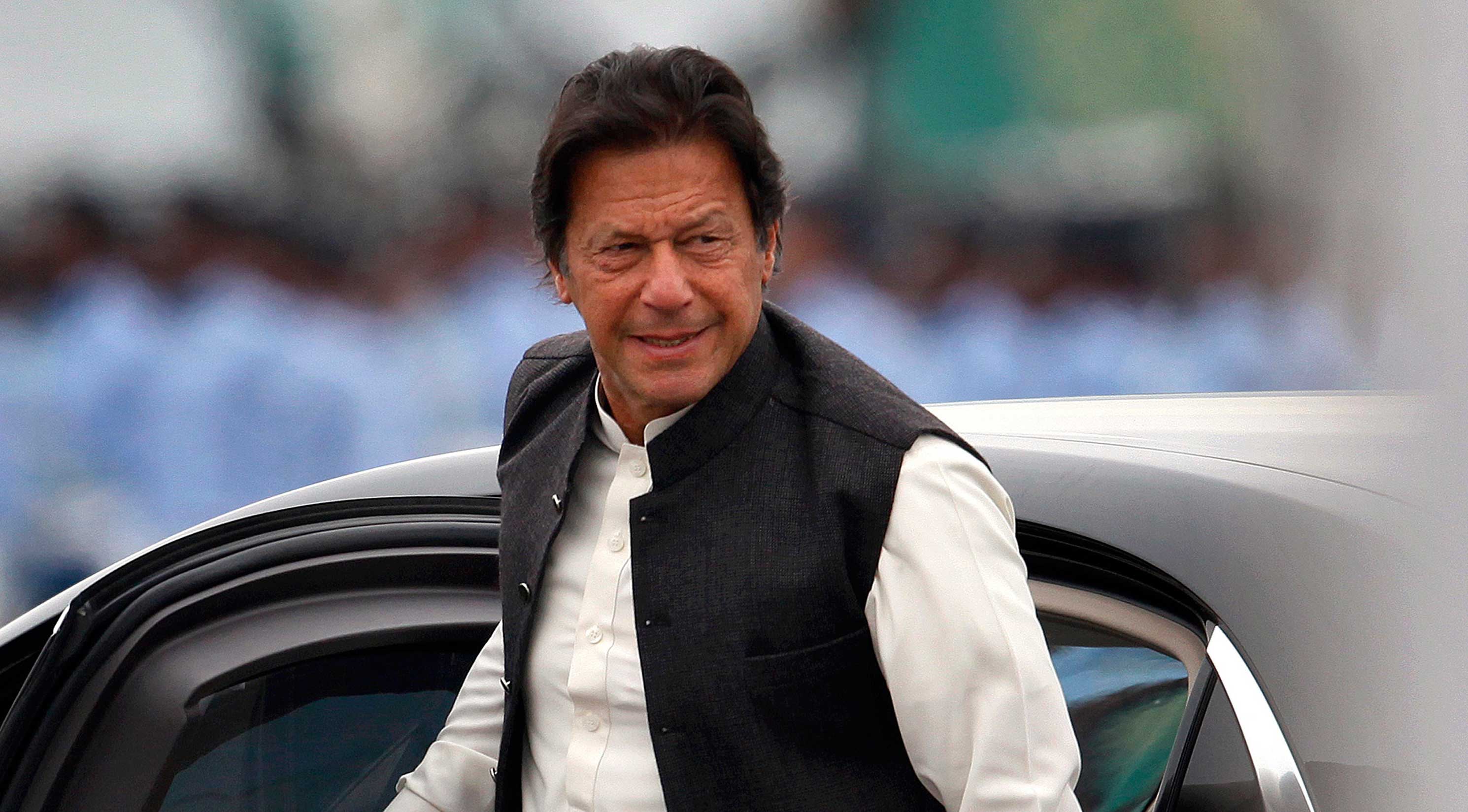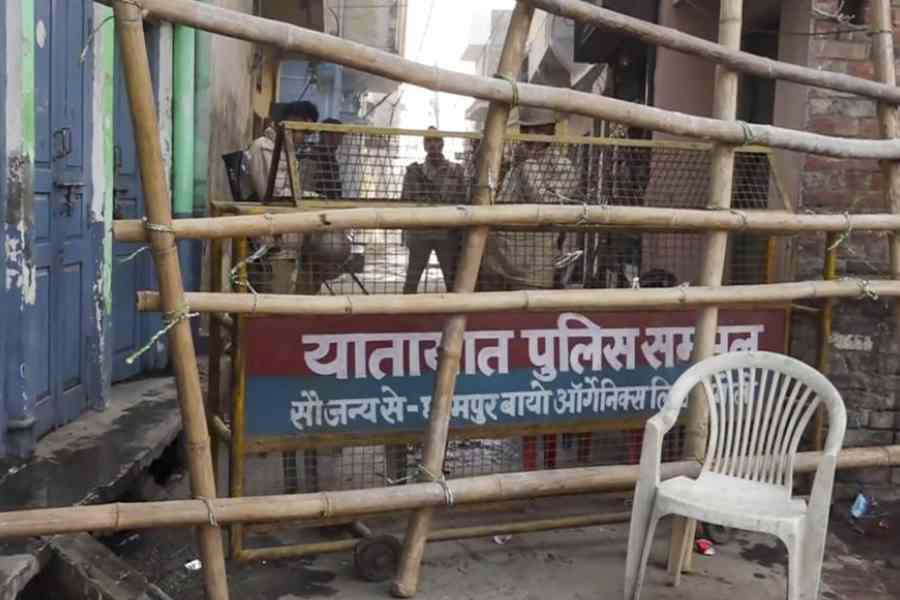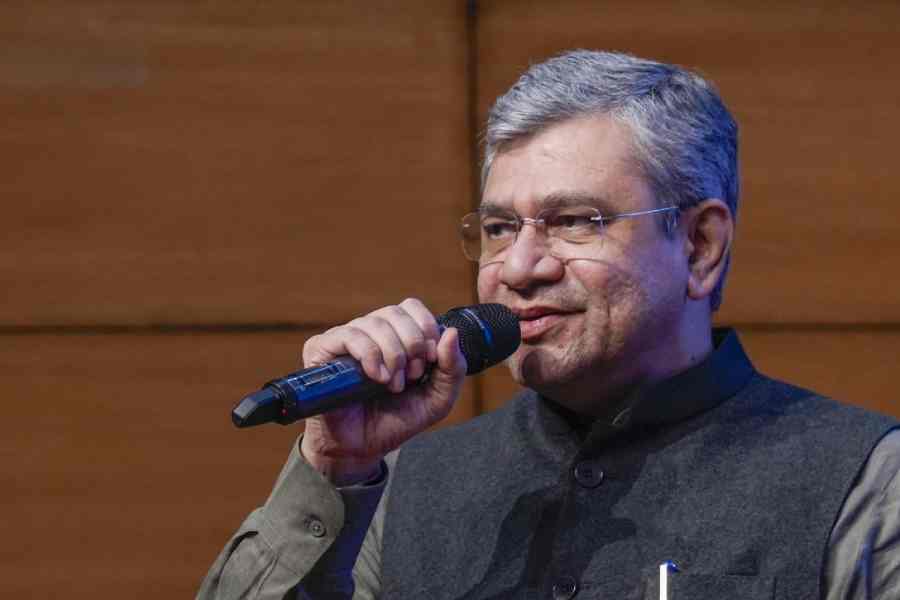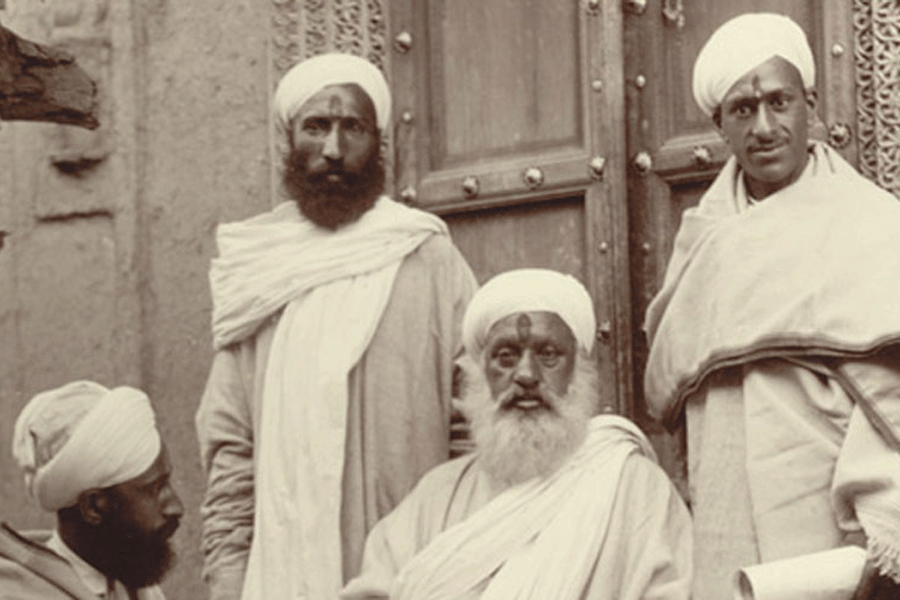Pakistan Prime Minister Imran Khan on Friday sought to ratchet up the rhetoric on Kashmir further with an article in The New York Times that warned the world of a nuclear flashpoint if it continued to appease India and did nothing to stop further escalation of tensions between the two countries.
“World War II happened because of appeasement at Munich. A similar threat looms over the world again, but this time under the nuclear shadow,” Imran wrote, urging the world to think beyond its business interests in India and the huge market it offers.
“If the world does nothing to stop the Indian assault on Kashmir and its people, there will be consequences for the whole world as two nuclear-armed states get ever closer to a direct military confrontation,” Imran observed, flagging defence minister Rajnath Singh’s statement indicating that India’s no-first-use policy on nuclear weapons is not written in stone.
“With the nuclear shadow hovering over South Asia, we realise that Pakistan and India have to move out of a zero-sum mindset to begin dialogue on Kashmir, various strategic matters and trade. On Kashmir, the dialogue must include all stakeholders, especially the Kashmiris,” Imran asserted.
But for dialogue to start, the Pakistan Prime Minister said, India would have to reverse its “illegal annexation of Kashmir”, end the lockdown and withdraw its troops.
Essentially, the article is a sum of all his tweets and those of some other Pakistani ministers since August 5 when India cancelled Jammu and Kashmir’s special status.
Besides detailing the efforts he has made to build bridges with India since becoming Prime Minister in the summer of 2018, Imran has sought to draw the world’s attention to the BJP’s ideological moorings — particularly the “admiration” that the RSS’s founding fathers had for Benito Mussolini and Adolf Hitler — knowing full well that fascism sets alarm bells ringing more in the West than in India.
Dubbing the changes in the constitutional arrangement of Kashmir as a “violation of the United Nations Security Council resolution on Kashmir and the Simla Agreement”, Imran highlighted the restrictions imposed by India in Jammu and Kashmir.
Like much of the rhetoric coming out of Pakistan all week, India did not respond till late on Friday evening to the article.
Vipin Narang, a security studies professor at MIT, was of the view that The New York Times should have had a corresponding piece from India as a counter.
“I am as critical of India and Pakistan as anyone. But there is a fine line between ‘opinion’ and ‘propaganda’ and @nytimes just decided to publish Pakistani propaganda without a corresponding Indian piece. This is a doozy,” Narang tweeted.
Imran’s article coincided with the “mass mobilisation” that the Pakistan government had called for on Friday afternoon when all countrymen were asked to show solidarity with Kashmiris.
Diplomats and staff members of the Pakistan high commission in Delhi also took out a march along with their family members within the compound.











